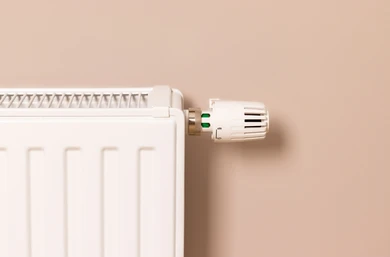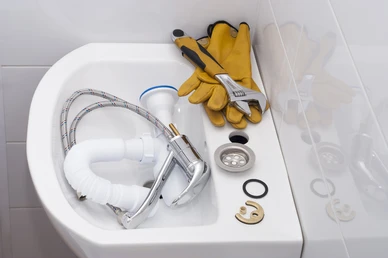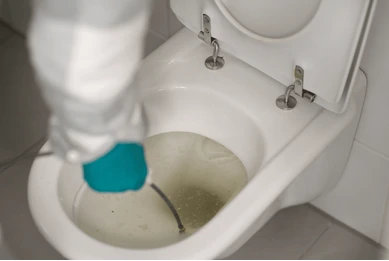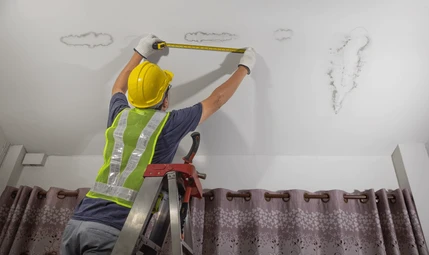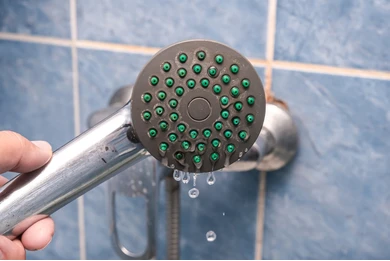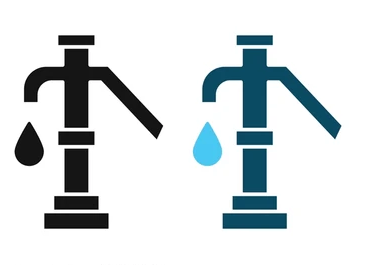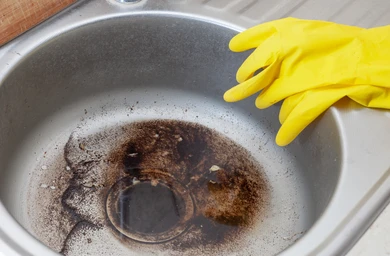Why Your Water Heater Keeps Turning Off
Having your water heater turn off unexpectedly is not only frustrating but can also cause disruptions to your daily routine. Whether it’s a cold shower in the morning or no hot water for cleaning, a malfunctioning water heater needs prompt attention. Understanding why your water heater keeps turning off can help you identify the problem and determine the right solution. This article will explore the most common reasons behind this issue and how to address them effectively. 1. Thermocouple Issues One of the most common reasons why your water heater might keep turning off is a faulty thermocouple. The thermocouple is a safety device designed to shut off the gas supply if the pilot light goes out. It detects whether the pilot flame is burning, and if it’s not, the thermocouple will prevent gas from flowing to avoid a hazardous gas leak. Symptoms of a Faulty Thermocouple: The pilot light frequently goes out, and relighting it doesn’t solve the issue. You notice the water heater turns off sporadically, especially when there is a demand for hot water. Solution: Cleaning the Thermocouple: Over time, the thermocouple can become dirty, which may hinder its ability to detect the pilot flame. Cleaning it with fine sandpaper or a soft brush can sometimes resolve the problem. Replacing the Thermocouple: If cleaning doesn’t work, the thermocouple may need to be replaced. This is typically an inexpensive and straightforward repair, but if you’re unsure, it’s best to consult a professional plumber. 2. Pilot Light Problems Another frequent cause of water heater shutdowns is pilot light issues. The pilot light is responsible for igniting the gas burner to heat the water in the tank. If it keeps going out, the burner won’t stay lit, and your water heater will turn off. Common Reasons for Pilot Light Failure: Drafts: A strong draft or breeze can blow out the pilot light. This could happen if your water heater is located in a drafty area, such as a basement or garage. Thermocouple Malfunction: As mentioned earlier, a faulty thermocouple can cause the pilot light to go out. Clogged Pilot Orifice: Dirt and debris can clog the small orifice of the pilot light, preventing it from functioning correctly. Solution: Relight the Pilot Light: If the pilot light has gone out due to a draft or a one-time issue, you can relight it by following your water heater’s instructions. Make sure the area is free of drafts, and check the ventilation around the heater. Clean or Replace Pilot Components: If the pilot light keeps going out, it may be due to a clogged or dirty orifice. Cleaning the pilot light assembly or replacing it can often solve the problem. 3. Faulty Gas Valve If your water heater turns off and you suspect it’s a gas issue, the gas control valve could be the culprit. The gas valve regulates the flow of gas to the burner and pilot light. If it malfunctions, it can shut off gas supply, leading to a shutdown of the water heater. Signs of a Faulty Gas Valve: The water heater turns off intermittently, especially when trying to heat water. You notice the pilot light goes out frequently, even when the thermocouple and other components seem to be working correctly. Solution: Replacing the Gas Valve: Unfortunately, a faulty gas valve cannot be repaired. If your gas valve is defective, it will need to be replaced by a licensed plumber. Since this involves working with gas lines, it’s critical to ensure a qualified professional handles this repair for safety reasons. 4. Overheating Water heaters are equipped with a built-in safety mechanism that shuts them off if they begin to overheat. This prevents the tank from becoming a safety hazard. Overheating can occur due to a faulty thermostat, a malfunctioning heating element, or sediment buildup in the tank. Causes of Overheating: Faulty Thermostat: If the thermostat that controls the water temperature is malfunctioning, it might not regulate the temperature properly, causing the water heater to overheat. Sediment Buildup: Over time, minerals in the water can settle at the bottom of the tank, creating a layer of sediment. This sediment can cause the water heater to work harder and overheat. Solution: Check and Adjust the Thermostat: Ensure the thermostat is set to an appropriate temperature (around 120°F or 49°C). If it’s faulty, you may need to replace it. Flush the Tank: To prevent sediment buildup, flush the tank periodically to remove any accumulated minerals. This will improve the efficiency of your water heater and prevent overheating. 5. Electrical Problems (For Electric Water Heaters) If you have an electric water heater, electrical problems could be the reason it keeps shutting off. A malfunctioning heating element or wiring issue can cause intermittent shutdowns. Common Electrical Issues: Tripped Circuit Breaker: If the circuit breaker that powers your water heater trips frequently, this indicates a potential electrical problem. Faulty Heating Element: The heating elements in electric water heaters can wear out over time, leading to inconsistent heating and frequent shutdowns. Solution: Check the Circuit Breaker: If the breaker has tripped, reset it and monitor the heater. If it trips again, you may have a wiring issue or a short in the system, which requires an electrician to fix. Replace the Heating Element: If the heating element is faulty, it will need to be replaced. This is a relatively simple repair that can usually be handled by a professional plumber or electrician. 6. Ventilation Issues Proper ventilation is crucial for gas-powered water heaters. If the exhaust gases are not vented correctly, the water heater may shut off to prevent the buildup of dangerous carbon monoxide. Venting issues can be caused by a blockage in the flue or improper installation of the venting system. Signs of Ventilation Problems: You notice a sulfur-like smell or strange odors near the water heater. The water heater turns off, especially after running for a short period. Solution: Check for Blockages: Inspect the flue and venting system for any blockages, such as

